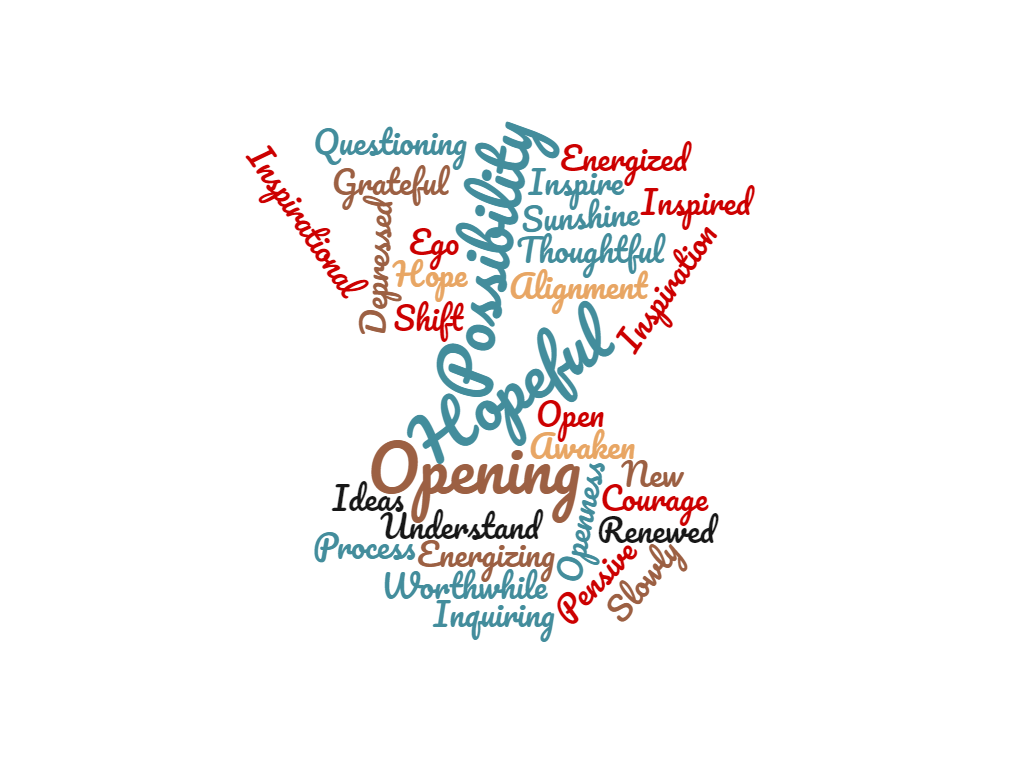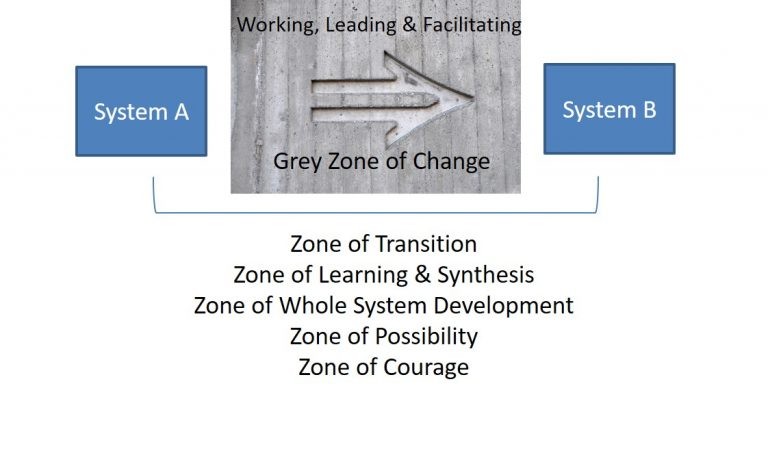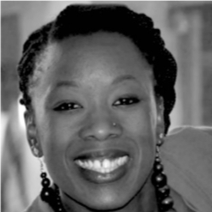I had the opportunity to spend the past week at Concordia University, and did a session with the Centre for Human Relations and Community Studies on Living, Leading and Facilitating in the Grey Zone of Change. We focused our inquiry on the question: How do we live, lead and facilitate in the grey zone of change? We grounded our current world system grey zone of change in the narrative of our Fourth industrial revolution from the World Economic Forum (video below).
In opening, I asked participants – leaders and practitioners – what longing drew them to the topic of the Grey Zone of Change. Responses could be themed into:
- finding ease, comfort and ways to live in and with the complexity and anxiety of the grey zone,
- seeking greater understanding and clarity of the dynamics of the grey zone,
- building capacity and confidence to effectively navigate it; and
- learning how to influence positive change through it.
Across all these, a clear element that emerged in the responses was the need to do these things together – exploration and shared sensemaking, learning with and from others, finding out what others think, new perspectives, in authentic community…
These responses and the need for a collective response, authenticated the zonal layers of the grey zone and points to why dialogic organization development, which are whole-system inquiry-based practices, are essential in the grey zone. These practices ensure that critical, powerful questions are asked, that allow for learning and co-creation of the possibilities for actions. In this way, the system learns and develops towards the new state it is seeking resolution toward.
The grey zone by its nature is unknown territory and emergence is essential to the transformational nature of the required changes that lead from the current to the new system. Not all outcomes can be known and not all “solutions” can be predefined. Finding the way forward requires learning and synthesis together from a variety of perspectives, so that generative outcomes and actions can emerge. As the interrelated agents in complex systems act on what matters to them, the collective continues to evolve and new patterns emerge.
And so, in its most simplistic form, what is needed in the grey zone is to:
Ask Powerful Questions
Co-Create Actions
In the Loyola Jesuit Conference Centre, we generated some powerful questions we might ask of our sticky issues, wicked problems and transformational changes in the Grey Zone of Change. These are powerful questions, because they evoke transformation – we do not know the answers to them and they signal the dilemmas and unknowns faced by the collective, such that generative actions can emerge. I offer these as food for thought to you:
- What is the most inspirational change you see for our shared future?
- How do you want to serve that future?
- What is the purpose?
- If we have a sense of where we need to go, what keeps us from going there?
- What would change if we played more in the grey zone of change?
- What is needed at this moment to bring us together to connect without ego?
- What do we want?
- What are the beacons that will guide and hold us through the grey zone? How will we find them?
- What is my/our role?
I invite you to try these on, working them through with those in the grey zone with you and watch for what emerges. And in the midst of the complexity and anxiety of the transition zonal layer in the grey zone of change, please focus on what matters and find the courage to act on the positive change possibilities you see and co-create with others.


 Exit wordle from Living Leading and Facilitating in the Grey Zone of Change, June 20th, 2019, Centre for Human Relations and Community Studies (CHRCS) @ Concordia University
Exit wordle from Living Leading and Facilitating in the Grey Zone of Change, June 20th, 2019, Centre for Human Relations and Community Studies (CHRCS) @ Concordia University



